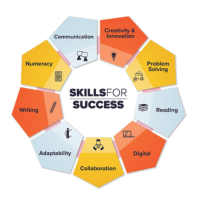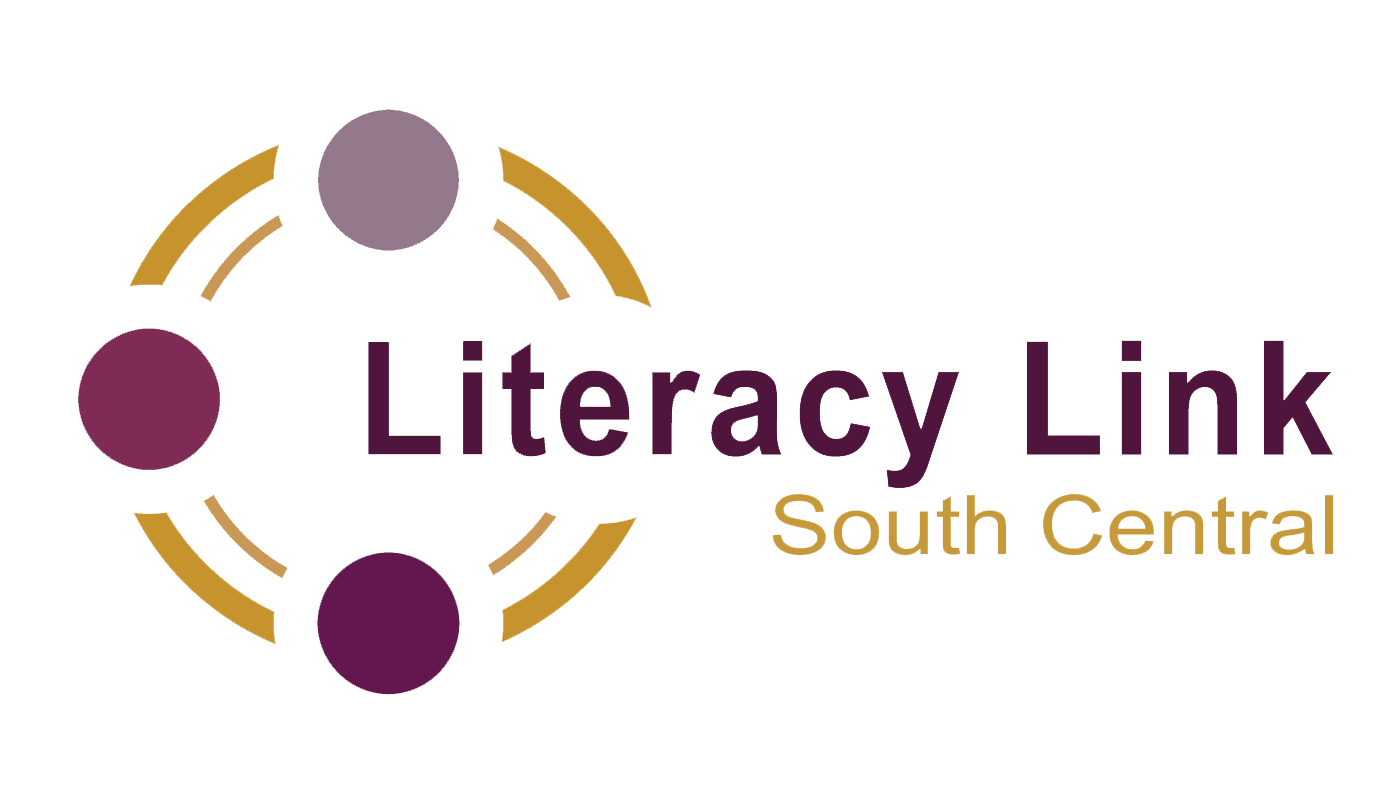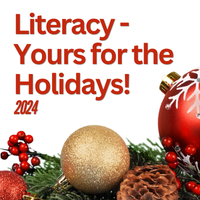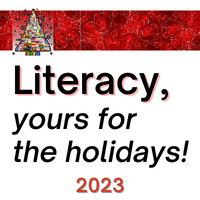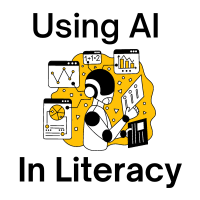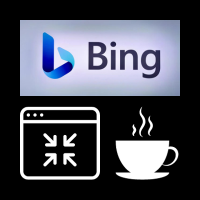Accessibility in Artificial Intelligence Technology
A Conversation with Mike

Artificial Intelligence (AI) has become the latest buzz word in many areas including education and the workplace. Many recent big advances in technology, such as facial recognition software and self-driving cars, have AI at the heart of them. The term generative AI is causing a buzz because of the increasing popularity of generative AI programs, such as OpenAI’s conversational chatbot ChatGPT. Additionally, the demand for skilled AI specialists is growing faster than ever before, with requirements and open positions for experts in sub-fields of AI like machine learning, deep learning, computer vision, statistics, and natural language processing surging each day.
AI is transforming the way we live and work in profound ways. This week, LLSC staff members Jan and Carolina met with Mike Ingram, an advocate for the Deafblind community and an avid user and early adopter of AI. They discussed the accessibility of artificial intelligence and its impact on access since its release in November 2022. Mike shared his personal experience as a person who is Deafblind using screen readers and other tools to make ChatGPT more accessible.
Mike shared the ease of use of ChatGPT due to its simple user interface. Even without his glasses, he can use a screen reader to read everything on the screen and enlarge the words as much as he wants. He can also split the screen as needed. Mike is hopeful this technology will not be banned as it has allowed him to better advocate for the Deafblind Community by writing letters to the government. The instant generation of professional letters has resulted in more responses. Mike has also been using the technology to write code and create websites. Mike reported Chat GPT has saved him hours if not days of laborious work trying to write out all kinds of code himself, and therefore has increased his productivity and decreased his fatigue.
We asked Mike about his experience using ChatGPT versus Bing AI. Mike shared that ChatGPT allows for more unrestrictive content, while Bing is designed for use by children and thus has moderated content. We also learned about the recent release of Chat GPT Enterprise, which offers enterprise-grade security and privacy, unlimited higher-speed GPT-4 access, longer context windows, advanced data analysis capabilities, customization options, and more.
LLSC staff have learned about new applications of this fascinating technology across different sectors. We are inspired to continue our learning journey and support our partners and learners as AI transforms the way we live and work in profound ways. When properly utilized, AI has the potential to improve lives by providing more convenient access to information and accomplishing tasks through automation, as well as equipping us with new tools to solve problems. We are excited to see what the future holds for AI and its impact on adult education!
